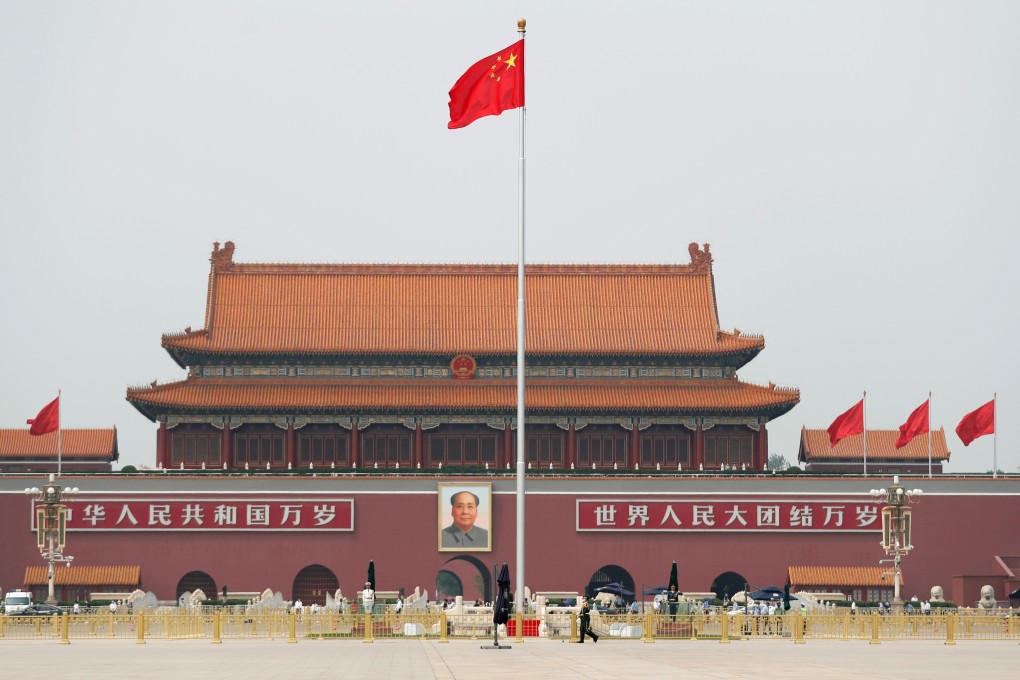China Briefing | Beijing looks to move towards trade, away from ‘wolf warrior’ diplomacy
- Recent summits with the heads of the EU indicate a deliberate effort to forge closer investment links with key partners, including Japan, South Korea and Asean
- As its confrontational approach to criticism has soured certain bilateral ties, China is willing to compromise while seeking counterweights against the US

If one compared how Chinese state media and overseas news outlets covered Monday’s virtual summits between China’s leaders and the new heads of the European Union, they would be forgiven for wondering whether the reports referred to the same event.
Chinese media tried hard to put a glowing spin on the two meetings President Xi Jinping and Premier Li Keqiang had with European Council president Charles Michel and European Commission president Ursula von der Leyen.
In particular, Xinhua hailed Xi’s meeting with the new EU leaders as setting a new direction for both sides to forge a comprehensive strategic partnership in a post-Covid-19 world, and lift ties to new heights.
Meanwhile, the overseas media have painted a starkly different picture. A New York Times story highlighted the EU’s growing frustration on “an unbalanced trade and investment relationship” and lack of progress on trade talks, adding that the summit yielded little, not even a joint statement.
The Associated Press noted that the European leaders struck a tougher tone than usual, and all the news reports underscored the EU leaders’ warning that China could risk “very negative consequences” if it imposed the national security law on Hong Kong. Of course, none of the EU heads’ grumbling and warning is ever mentioned in Chinese media reports.
It would be tempting but incorrect to assume that the Chinese leaders’ glowing words and great expectations for ties with the EU are just fleeting warm and fuzzies.

00:59
EU leaders warn Xi of ‘negative consequences’ if China imposes national security law in Hong Kong
In fact, they appear to signal some subtle changes in Beijing’s tough approach to diplomacy, as relations between China and the US experience a downward spiral and the pandemic has brought unprecedented disruptions to globalisation.
